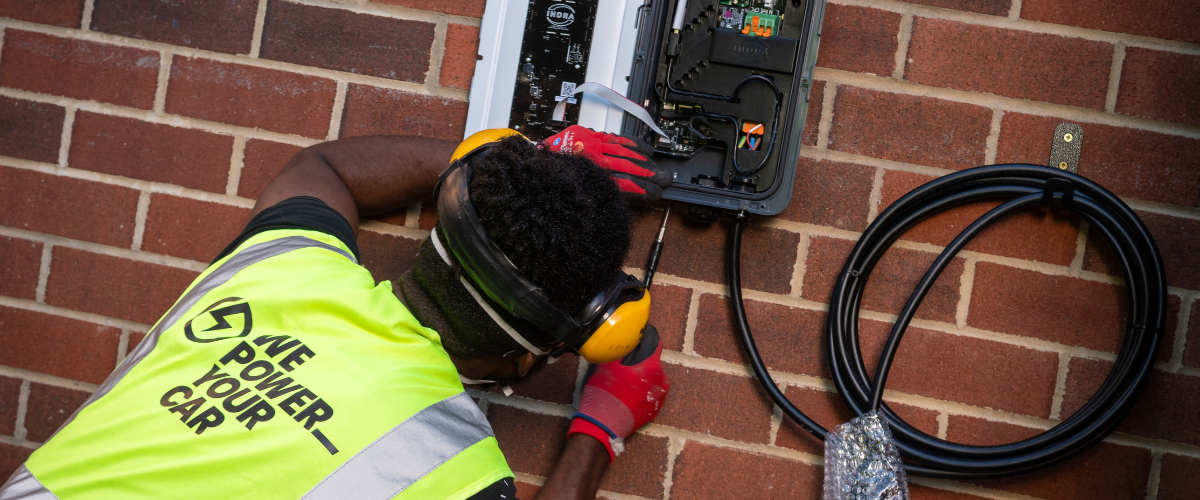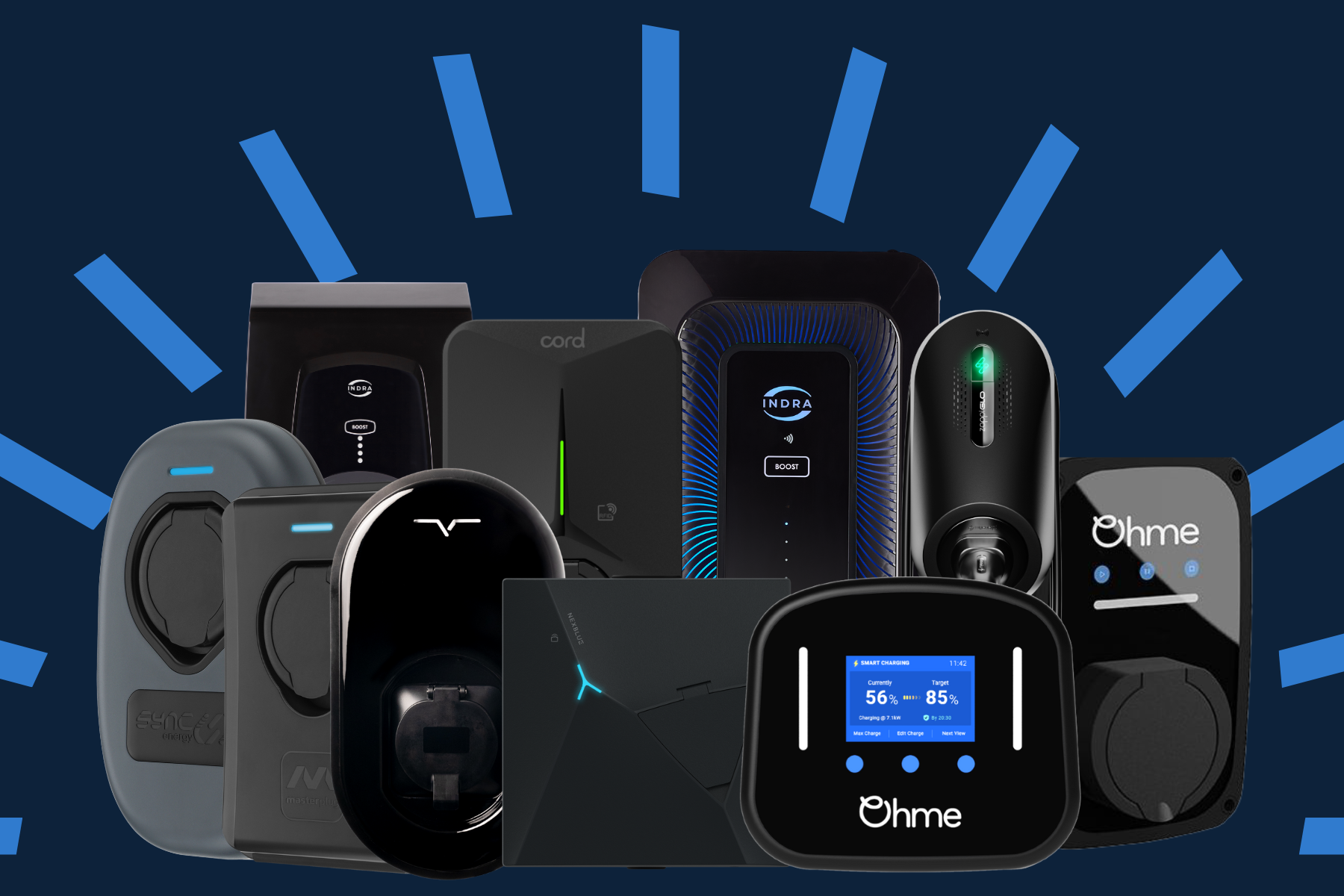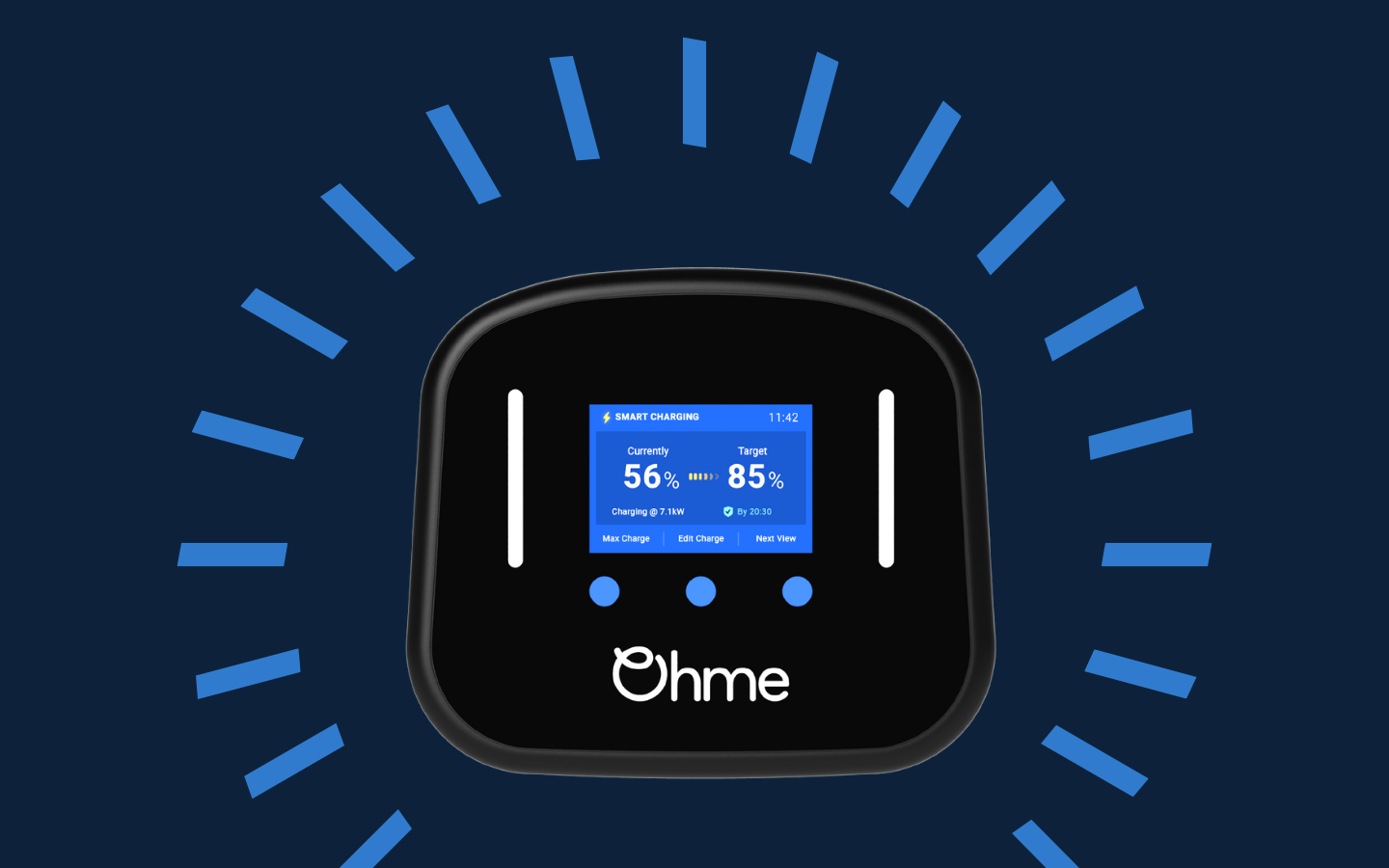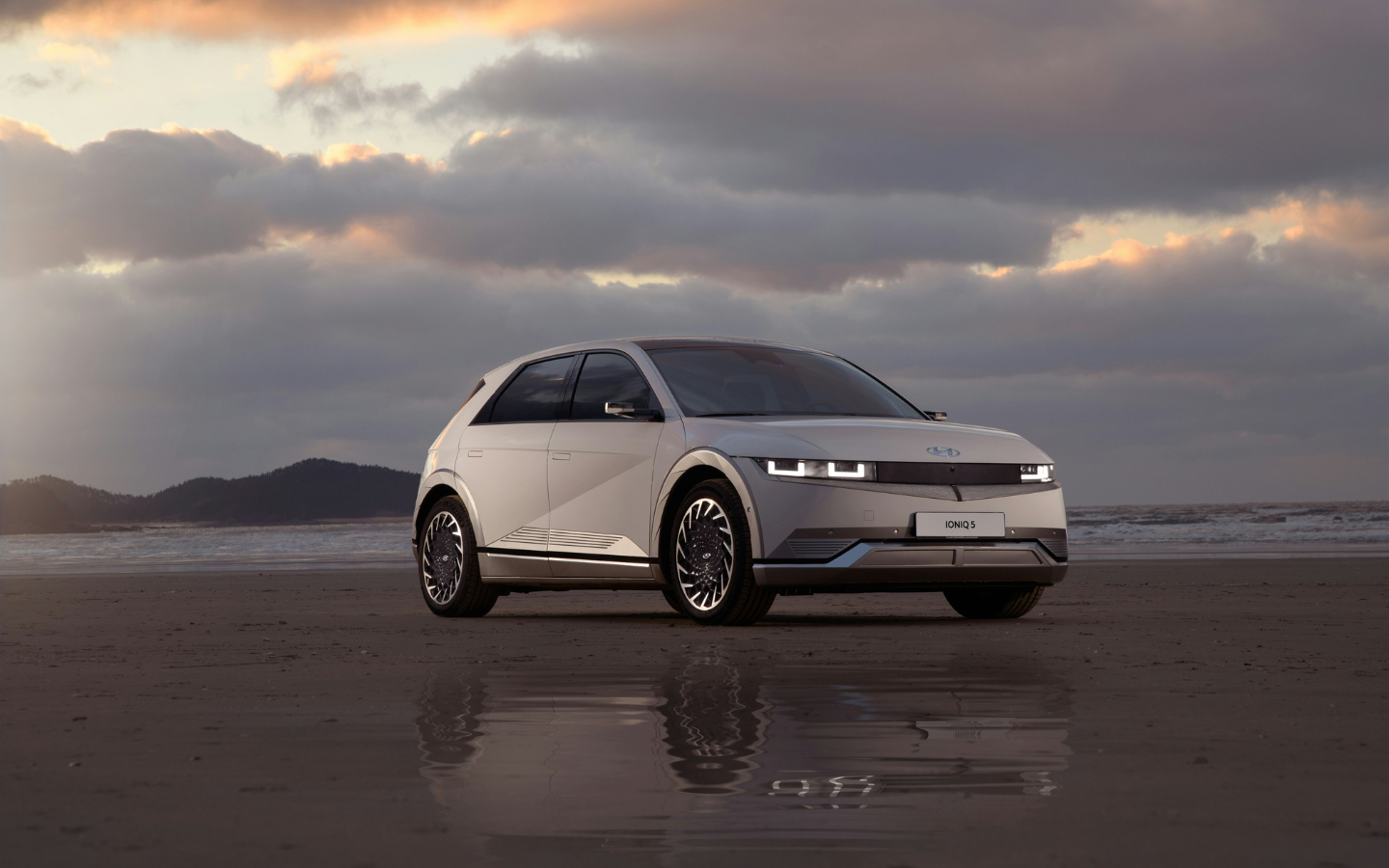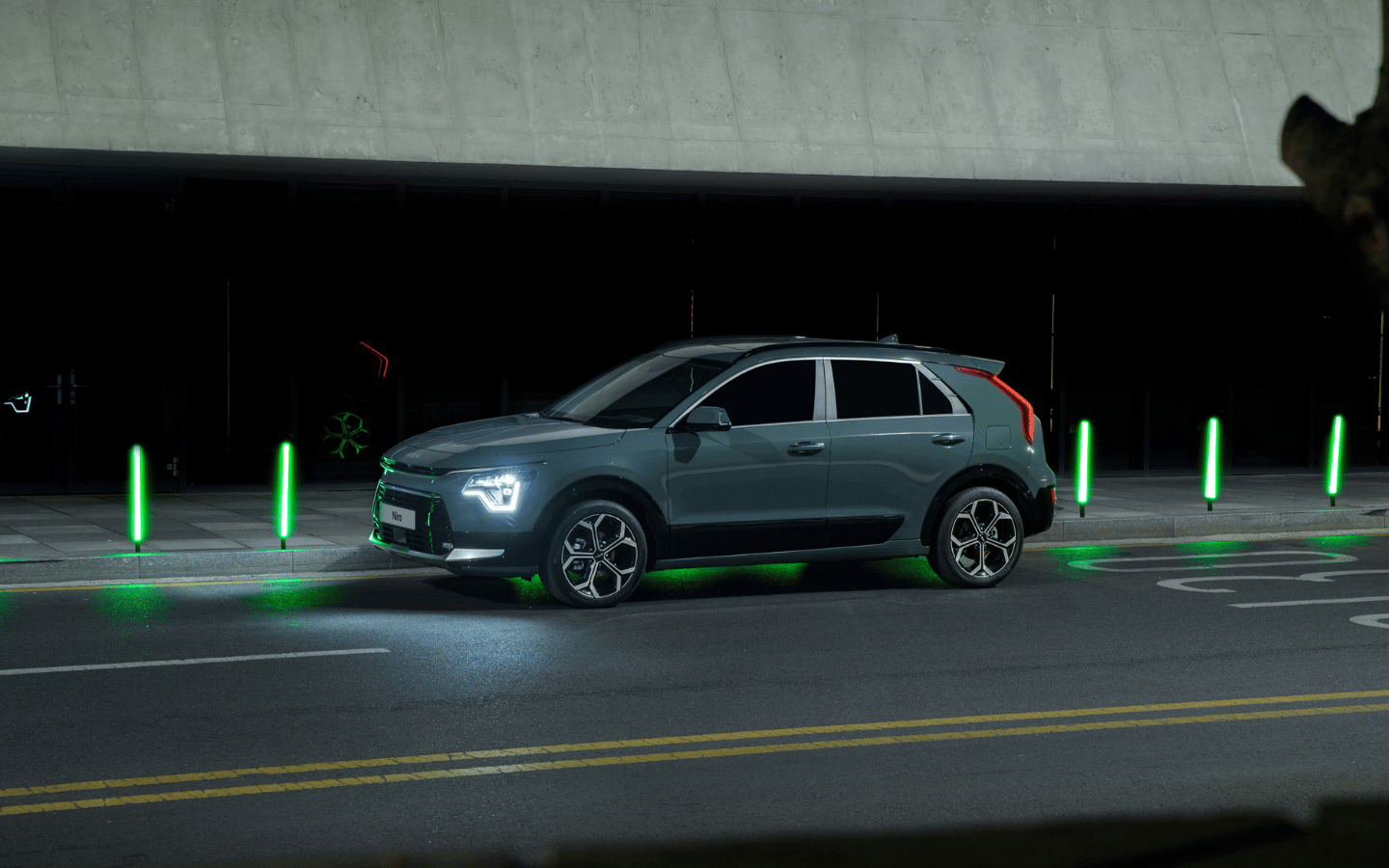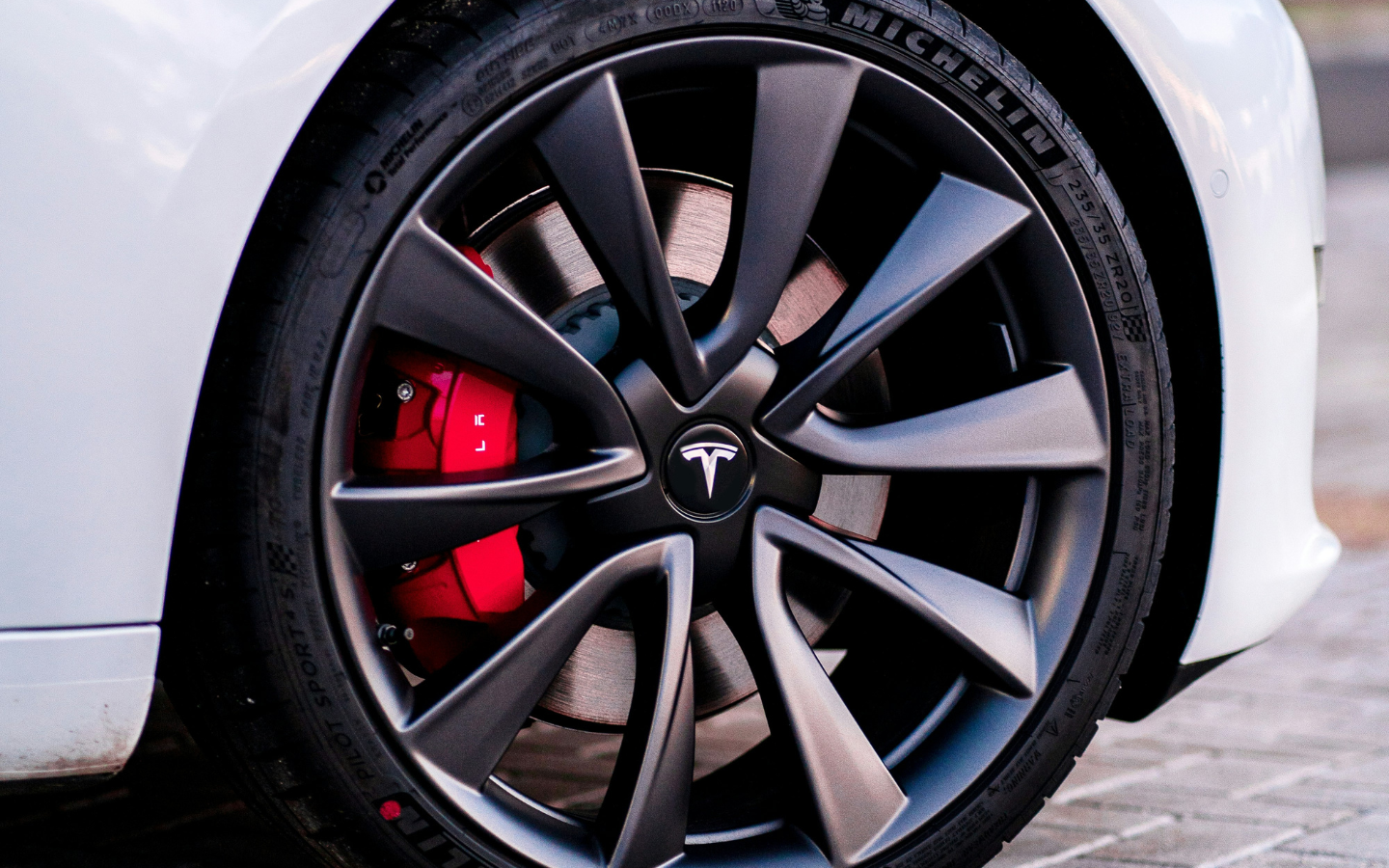

Do electric cars lose charge when parked?
It’s no secret – electric vehicles are a relatively new technology, and with this, first-time electric car owners have many questions. One common question that we frequently hear is, “Do electric cars lose charge when parked?”
Simply put, yes, electric cars do lose charge (sometimes referred to as range) when parked. But, the amount of charge lost is minimal and not a cause for concern for electric vehicle drivers. Whether your EV is parked for weeks or months, your car can maintain its charge well.
The reason behind this minimal loss of charge, often referred to as “vampire drain“, lies in the nature of lithium-ion batteries used in electric cars. While these electric car batteries efficiently preserve power, they still experience a slight battery drain over time.
In this article, we explore why an EV loses charge when parked and offer tips and tricks for preserving battery health when leaving it parked for a long period of time.
Why do electric cars lose charge when parked?
Electric vehicles lose charge when parked because the battery still powers some onboard systems that are left active even when parked. Active onboard systems, such as theft protection, gradually drain the battery while your electric car is unused.
In addition to these onboard systems, other factors can contribute to the loss of charge in parked electric vehicles. Extreme temperatures, whether very hot or cold, can be particularly harmful to lithium-ion batteries, causing them to lose their charge more quickly.
So, it’s important to consider these factors when parking your electric car to minimise the loss of charge and maintain the battery’s efficiency.

How much charge do electric cars lose when parked?
In truth, when electric cars are parked, they do lose a small amount of charge over time – but the loss is nothing to worry about. This change, typically just a few percentage points per month, varies depending on the type of vehicle and external factors such as temperature. Reports show that approximately 2-3% of charge is depleted on a monthly basis when electric cars are not in use – a minimal amount in the grant scheme of things.
How much charge does an electric car lose overnight?
Only a small amount of 2-3% of the electric car battery charge is lost each month. So, there is no need to be concerned about the gradual loss of charge overnight as it will be next to none and, in turn, insignificant.
How long can an electric car sit without charging?
The length of time an electric car can sit idle without charging varies based on the specific make and model of the vehicle. In general, most electric vehicles can remain parked for weeks to months without experiencing a significant decrease in charge.
However, moving the car occasionally is best practice to maintain its condition, as it helps to prevent issues such as flat spots on the tyres, brakes from seizing, and other potential problems that can occur when a vehicle sits idle for an extended period.
How to preserve your battery life when leaving your electric car parked
If you plan to park your vehicle for a long time, here are some tips to optimise this period of inactivity and reduce the amount of charge lost.

1. Deep sleep or power save mode
Electric vehicles have features like ‘deep sleep’ or ‘power save’ mode.
When activated, a power-saving mode helps minimise energy usage and extends battery life, especially during short parking durations. Remember to switch on this feature each time you leave your car parked to conserve power effectively.
Deep sleep mode is specifically designed to help save your vehicle’s battery power when not used for an extended period. Typically, these settings activate automatically after a few weeks of inactivity.
But, if you anticipate leaving your vehicle untouched for an extended time, we suggest manually activating this mode before you depart.
By doing this, you can effectively conserve the battery life of your electric vehicle.
Although these settings may not specifically be called ‘deep sleep’ or ‘power save’ mode, your vehicle will likely have a similar feature.
2. Keep your electric vehicle out of direct sunlight
High temperatures can harm lithium-ion batteries, leading to faster battery power drainage and battery degradation in the long run. So, avoiding leaving an electric car parked in direct sunlight for too long is best. Consider parking in a sheltered area like a garage or carport to protect your electric vehicle and prevent the battery charge from draining quickly.
3. Protect the car battery from very cold temperatures
Very cold temperatures can also have the same negative effect on the batteries of your electric vehicle as hot temperatures. So, it’s essential to protect your electric vehicle by parking it in a heated garage to prevent damage caused by the cold weather and make the battery last longer.

4. Inflate your tyres according to the manufacturer’s specifications
Before leaving your electric car for an extended period, checking that your tyres are inflated according to the manufacturer’s guidelines is important. When electric vehicles are parked for a long time, the tyres may lose some air naturally.
You can avoid the inconvenience of flat tyres by ensuring they are properly inflated. Since electric vehicles are quite heavy, the consistent weight can heighten the chances of tyre issues, particularly when the tyres are already somewhat deflated.
Even with a minimal loss of charge when parked, if your EV has flat tyres, you won’t be going anywhere.
5. Keep the car battery to around 50%, and do not fully charge
When you’re not using your electric vehicle for a while, don’t charge it to 100%. Why? Because it can be harmful to the battery in the long term.
As a general rule of thumb, keeping your electric car battery at around 50% charge is typically advised to maintain its health when parked for a long time. It’s crucial not to let charge levels drop below 20% or rise above 80%. Keeping the battery at around 50% charge will retain enough power even if some energy is lost while the car is parked and helps prevent any battery damage.

6. Turning off unnecessary features
While your electric car is parked for longer than usual, you can turn off certain pre-set features and systems. For example, you might not need automatic updates, Wi-Fi, or GPS during this time. Turning off these features can help prevent your car’s battery from losing charge too quickly.
7. Maintaining the 12-volt starter battery
Like traditional ICE vehicles, electric vehicles also possess a 12-volt starter battery. The 12v battery plays a crucial role in powering essential components such as the lights, wipers, and dashboard that are essential for starting the vehicle. It is important to inspect the condition of the starter battery before leaving your car parked for a long duration.
A deteriorating starter battery might lose a lot of charge while the car is not in use, leading to potential difficulties in starting the vehicle upon your return.
Summary – how long does an electric car battery last when not in use?
In short, electric car batteries may lose a small amount of charge while parked, typically around 2-3% per month, as some systems remain active. Despite this, most electric vehicles can be safely parked for weeks or months without major issues.
To further protect your EV battery, park in a covered area. Also, take note of other tips, including keeping a 50% charge, turning off unneeded features, and using deep sleep or power-saving mode.
Plus, with regular electric car servicing, you’ll be able to be kept up to date with the health of your EV battery.
Installing an EV charging station at home can help reduce concerns about running out of charge while your car is parked for an extended period. With a home charger, you can easily top up your battery if it starts to deplete after a period of inactivity.
If you’re interested in installing an EV charger at your home, click below to get your free quote, contact us for any queries or browse our range of market leading chargers.
